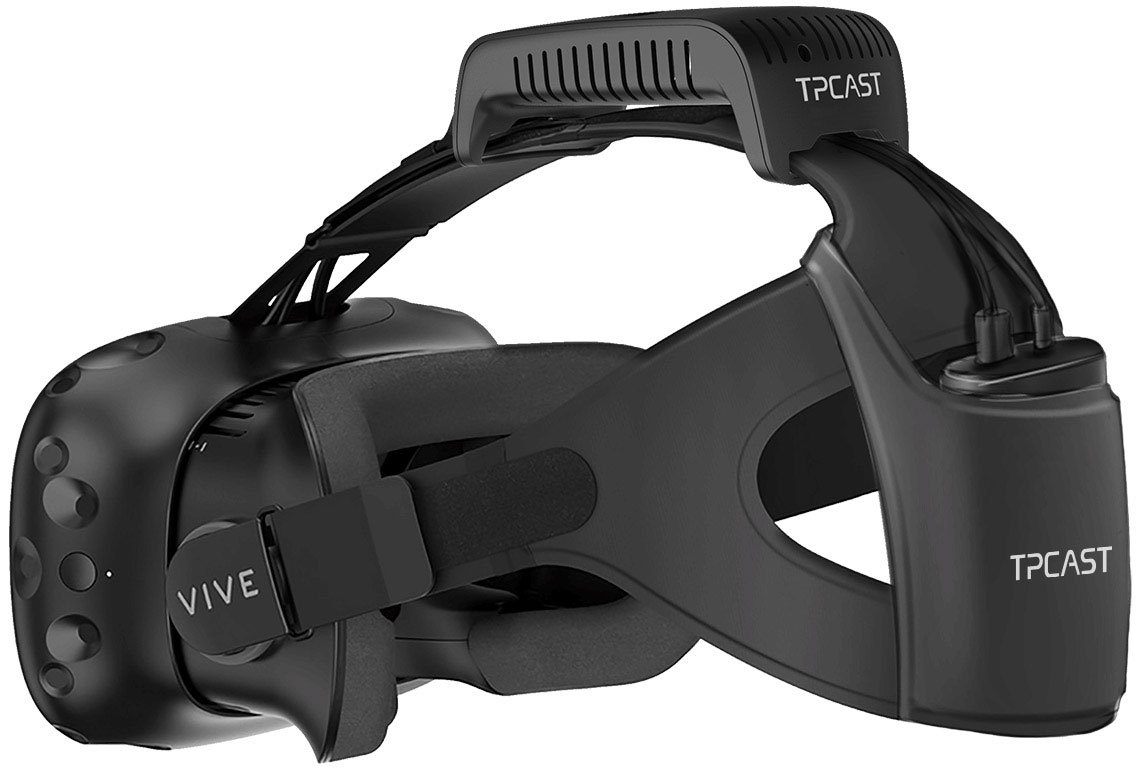TPCast 2.0 wireless adapter brings 1ms latency and support for 8K VR headsets
TPCast claims its next-generation wireless solution drops latency down to just 1ms.

It has only been a few months since TPCast began taking preorders for its wireless adapter for the HTC Vive, and last month for the Oculus. Now the company is touting a set of next-generation wireless VR technologies that is its calling TPCast 2.0.
There are three main features of TPCast 2.0, the first of which is an ultra-low latency codec. According to TPCast, this fancy new codec allows the company to compress VR content on a 50:1 ratio, thereby significantly reducing the bandwidth required for video data transmission, while keeping the latency at 1ms.
"This easy-to-use, stable, and ultra-low latency codec enables TPCast’s product family to deliver consistently high-quality real-time video transmission," the company says.
The second feature is scalability to support 3K, 4K, and even 8K resolution VR headsets. This ties into the third bullet point, which is being able to preserve the user experience compared to a wired connection. In other words, users should be able to tell a difference between using a wired connection to their PC and its wireless adapter.
With the introduction of TPCast 2.0 technologies, TPCast claims it is the "first VR provider to support short, mid, and long-range VR solutions." By that it means the use WiGig or 802.11ay for short-range, Wi-Fi or 802.11ax for mid-range, and cloud VR (5G / 4.5G / FTTH) for long-range.
TPCast also says it's 2.0 technology set offers support for pretty much all wireless VR solutions. There is no mention of when TPCast 2.0 might arrive, nor is it clear if this is something that can be pushed to current wireless adapters by way of an update or if it will require new hardware.
Keep up to date with the most important stories and the best deals, as picked by the PC Gamer team.
Paul has been playing PC games and raking his knuckles on computer hardware since the Commodore 64. He does not have any tattoos, but thinks it would be cool to get one that reads LOAD"*",8,1. In his off time, he rides motorcycles and wrestles alligators (only one of those is true).


